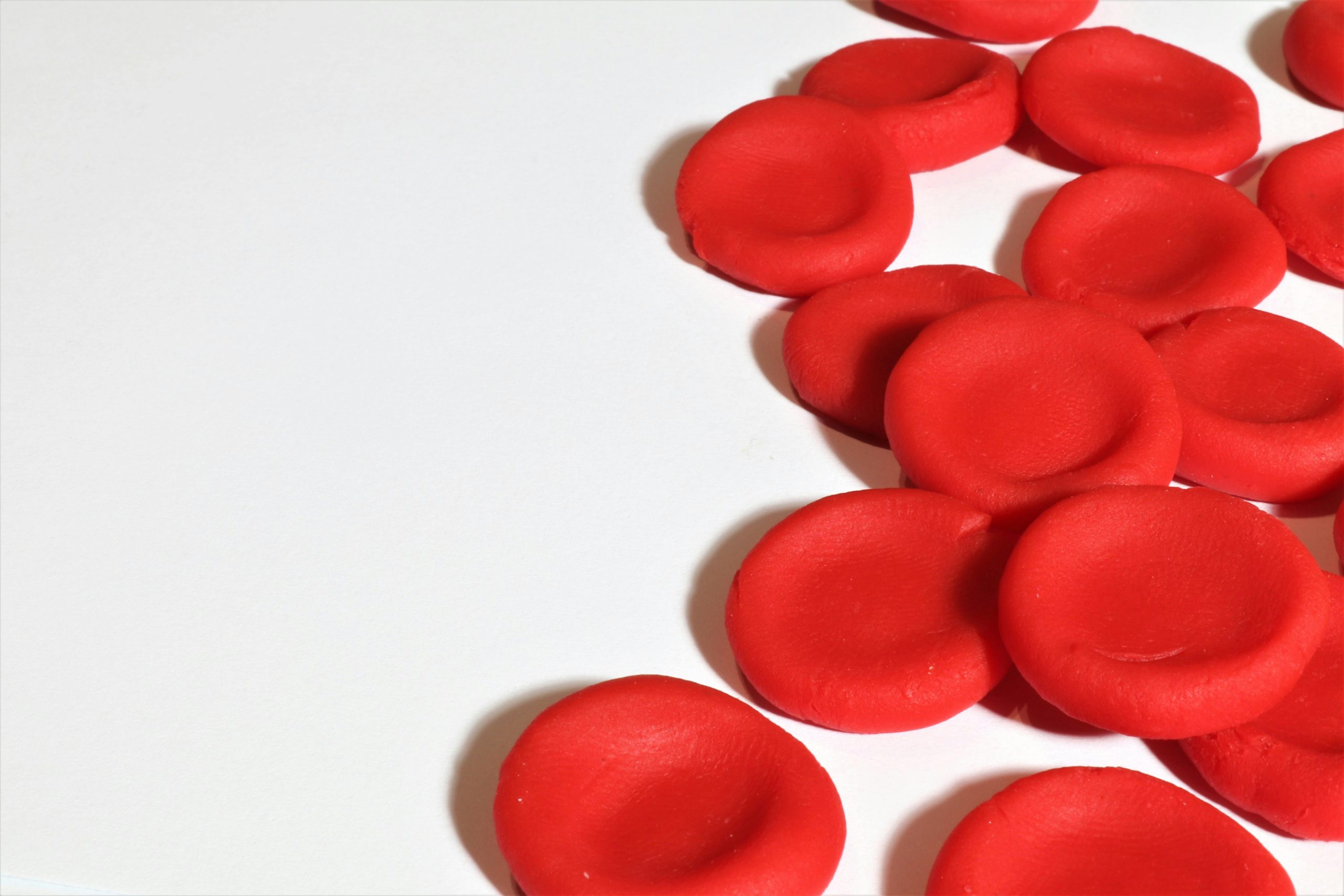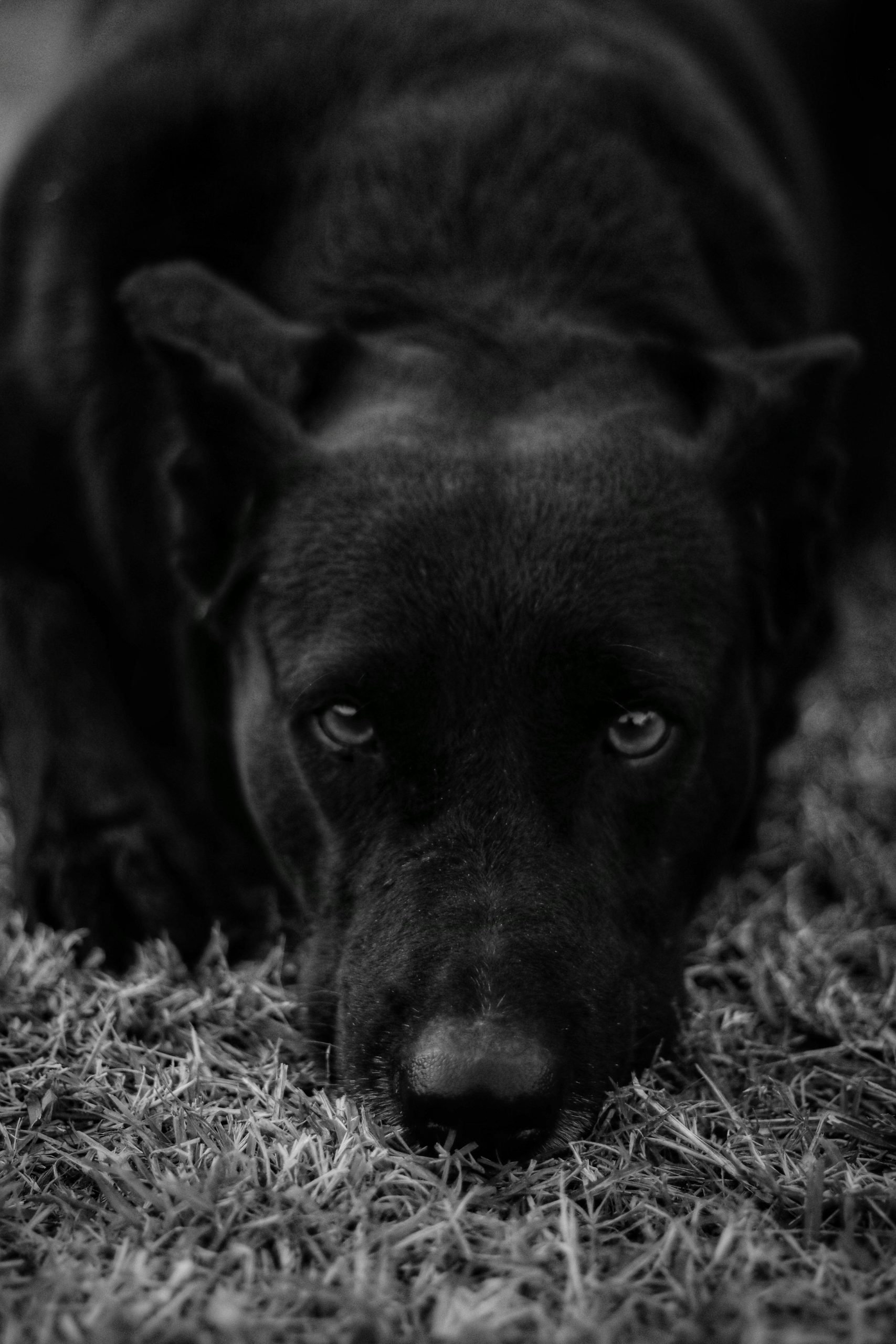Daily Iron Requirements: Why Your Pet’s Health Depends on It
Did you know that iron deficiency in pets can lead to fatigue, poor immune function, and even developmental issues? Yet, many pet owners overlook the importance of daily iron requirements when it comes to their furry friends’ diets. If you’ve ever wondered how much iron your pet actually needs or whether supplements are necessary, this guide is for you.
In this article, we’ll break down everything you need to know about daily iron requirements for pets, including dosage guidelines, signs of deficiency, and tips for choosing the right supplement. By the end, you’ll feel confident making informed decisions about your pet’s nutrition.
Table of Contents
Key Takeaways
- Iron plays a crucial role in oxygen transport and energy production in pets.
- Daily iron requirements vary based on species, size, age, and activity level.
- Supplements should only be given after consulting with a veterinarian.
- Over-supplementation can lead to toxicity—always follow dosage guidelines carefully.
Why Iron Matters for Pets

Let’s talk about why iron isn’t just another nutrient—it’s essential. Think of iron as the fuel pump keeping your pet’s engine running smoothly. Without enough iron, their body struggles to produce hemoglobin, which carries oxygen from the lungs to tissues. No oxygen? No energy. And nobody wants a lethargic pup or kitty dragging themselves around the house like they’re auditioning for a zombie apocalypse movie.
But here’s the kicker: different pets have different needs. A Great Dane will require more iron than a Chihuahua, while kittens often need higher levels during growth spurts compared to adult cats. Understanding these nuances helps ensure your pet gets exactly what they need without overdoing it.
Daily Iron Dosage Guidelines by Pet Type
Now let’s get into the nitty-gritty: how much iron does YOUR pet actually need? Here’s a quick breakdown:
- Dogs: Adult dogs typically need 80-120 mg of iron per kilogram of food. Puppies may require slightly more due to rapid growth.
- Cats: Cats generally need around 75-100 mg of iron per kilogram of food. Kittens, again, might need a bit extra.
- Small Animals (rabbits, guinea pigs): These critters usually thrive with 50-70 mg of iron per kilogram of food.
Remember, these numbers are averages. Always check with your vet before introducing any new supplement regimen!
Signs Your Pet May Need More Iron

You wouldn’t ignore a flat tire on your car, so don’t ignore these warning signs in your pet:
- Lethargy and lack of energy
- Pale gums or tongue
- Rapid breathing or panting
- Frequent infections or illnesses
If your fur baby starts acting like Eeyore instead of Tigger, it’s time to investigate further. But remember, diagnosing an iron deficiency requires professional help—don’t try to self-diagnose!
How to Choose the Right Iron Supplement
Not all supplements are created equal. When shopping for an iron supplement, keep these tips in mind:
- Veterinarian Approval: This one’s non-negotiable. Your vet knows best.
- Formulation: Look for chelated iron, which is easier for pets to absorb.
- Brand Reputation: Stick with trusted brands known for quality ingredients.
- Dosage Flexibility: Some products allow you to adjust dosages easily, which is great if your pet has unique needs.
Pro tip: Avoid human-grade iron pills unless explicitly recommended by your vet—they can be too potent for pets and cause serious harm.
Frequently Asked Questions About Pet Iron Supplements
Can I Give My Dog Human Iron Pills?
Nope! Human iron pills often contain far too much iron for pets and could lead to toxicity. Stick to formulations designed specifically for animals.
What Happens If I Overdose My Pet on Iron?
Too much iron can wreak havoc on your pet’s digestive system, causing vomiting, diarrhea, and even organ damage. Yikes! Always stick to the prescribed dose.
Are There Natural Sources of Iron for Pets?
Absolutely! Foods like lean meats, liver, spinach, and pumpkin seeds are excellent natural sources of iron. Just make sure they fit into your pet’s overall diet plan.
Final Thoughts: Empower Your Pet’s Health Journey
Understanding your pet’s daily iron requirements doesn’t have to feel overwhelming. With the right knowledge and resources, you can provide them with the nutrients they need to live long, happy lives. Whether through dietary adjustments or carefully chosen supplements, every step counts toward better health.
So go ahead—schedule that vet appointment, stock up on high-quality supplements, and give your pet the gift of vitality. After all, a healthy pet means more tail wags, purrs, and cuddles for you!
Got questions? Drop us a comment below—we’d love to hear from you!